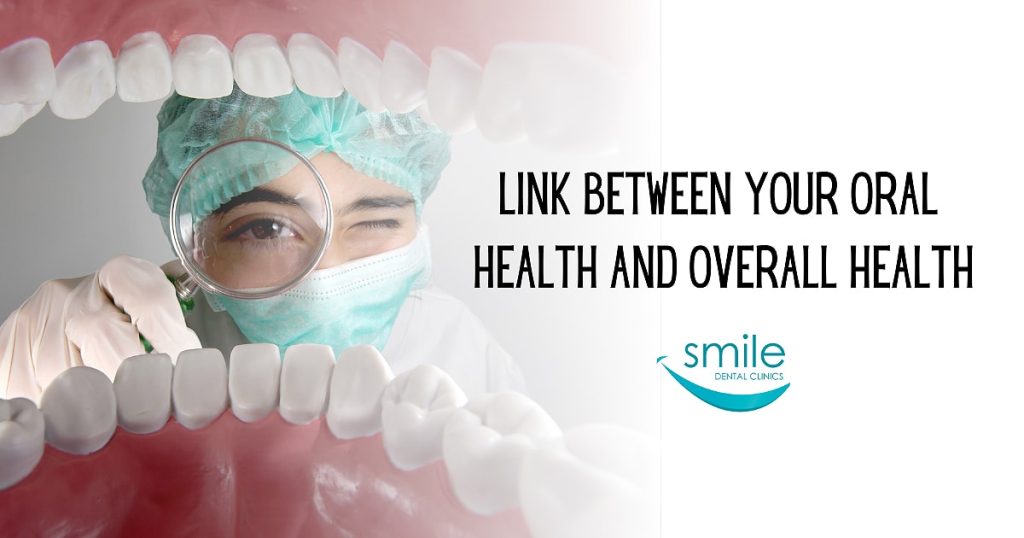
Dental health plays a crucial role in achieving and maintaining overall well-being. This article delves into the intricate connection between a healthy mouth and a healthy body, exploring the various ways dental issues can impact systemic health. We’ll examine the causes, preventive measures, and the importance of proactive dental care. This comprehensive guide will outline the direct and indirect links between dental health and overall health. We will explore the impact of dental issues on cardiovascular health, diabetes management, and more, providing concrete examples, statistics, and proven methodologies for ensuring both oral and systemic wellness.
The Intertwined Nature of Oral and Systemic Health
The Mouth-Body Connection
Dental health is far more than just a pretty smile. It is intrinsically linked to the rest of your body’s overall health, impacting everything from your cardiovascular system to your immune response. Poor oral hygiene can lead to a myriad of problems that ripple throughout the body, often without even being recognized as related to dental issues. This interconnectedness underscores the profound importance of preventative care and proactive dental health practices. Poor oral hygiene can lead to conditions like gingivitis and periodontitis, which are directly associated with a heightened risk of developing heart disease, stroke, and other serious medical conditions. Beyond these serious conditions, there is an increasing body of research that links certain oral bacteria to other systemic conditions, like respiratory infections and certain types of cancers. Maintaining a healthy mouth is not simply about aesthetics; it’s about protecting your entire body.
The Impact on Cardiovascular Health
Inflammation and its Role
The link between gum disease and cardiovascular issues is increasingly recognized by healthcare professionals. Inflammation in the gums is directly correlated with inflammation throughout the body. This chronic inflammation can create a cascade of effects that contribute to the development of cardiovascular diseases. Studies have shown a clear correlation between periodontal disease and an increased risk of heart attack and stroke. Inflammation caused by oral bacteria can enter the bloodstream, leading to atherosclerosis, the buildup of plaque in arteries, which significantly increases the risk of heart disease. Maintaining healthy gums through regular dental checkups and proper oral hygiene is a significant way to mitigate the risk of cardiovascular problems.
The Influence on Diabetes Management
The Connection Between Bacteria and Blood Sugar Levels
The relationship between oral health and diabetes is another critical area of research. Oral bacteria can affect blood sugar levels and insulin sensitivity. Individuals with uncontrolled diabetes often experience a higher risk of developing gum disease, which in turn can make it more difficult to manage blood sugar levels. The inflammatory responses associated with periodontal disease can impair insulin function, making it harder for the body to regulate blood glucose. This can result in a vicious cycle where poor oral health exacerbates existing diabetes and diabetes further compromises oral health. It is crucial for individuals with diabetes to maintain excellent oral hygiene and visit their dentist regularly. The dentist can provide targeted care to combat gum disease and monitor blood sugar levels to help maintain a healthy condition.
The Significance of Early Detection and Prevention
Proactive Steps for Systemic Wellness
Early detection of oral health issues is crucial for preventing systemic problems. Dental checkups and cleanings can detect cavities, gum disease, and other potential problems before they develop into more serious conditions. Regular dental care allows for early intervention and treatment, often preventing more invasive and costly procedures down the line. Proactive steps such as good brushing techniques, regular flossing, and a balanced diet contribute substantially to maintaining excellent dental and overall health. This approach focuses on the preventative side of oral health care, emphasizing long-term wellness.
The Role of Diet and Lifestyle in Maintaining Oral Health
Nutrition for a Healthy Smile
Diet plays a significant role in oral health. A balanced diet that is rich in fruits, vegetables, and whole grains provides essential nutrients that contribute to healthy teeth and gums. Conversely, a diet high in sugary and processed foods can lead to cavities and other oral health problems. Lifestyle choices like smoking and excessive alcohol consumption negatively affect oral tissues and increase the risk of developing gum disease. Making mindful dietary and lifestyle choices directly supports a healthier mouth and overall health. The choices you make today can significantly influence your health in the future.
In conclusion, maintaining excellent dental health is inextricably linked to overall well-being. Prioritizing regular checkups, meticulous oral hygiene, and a balanced diet can significantly reduce the risk of various health complications. Schedule a consultation with your dentist today and take the proactive step towards a healthier you! Start your journey to optimal oral and systemic health today.